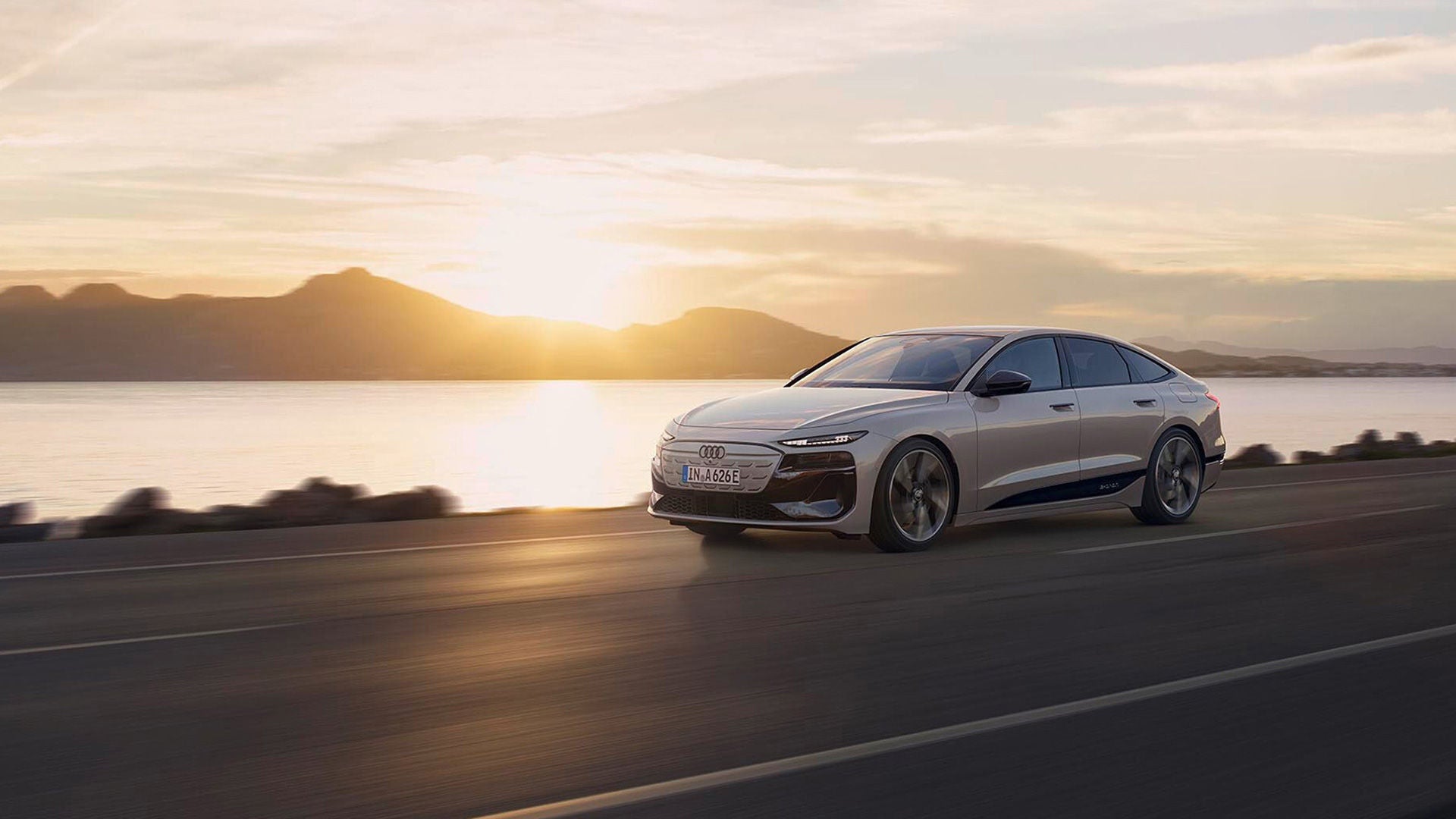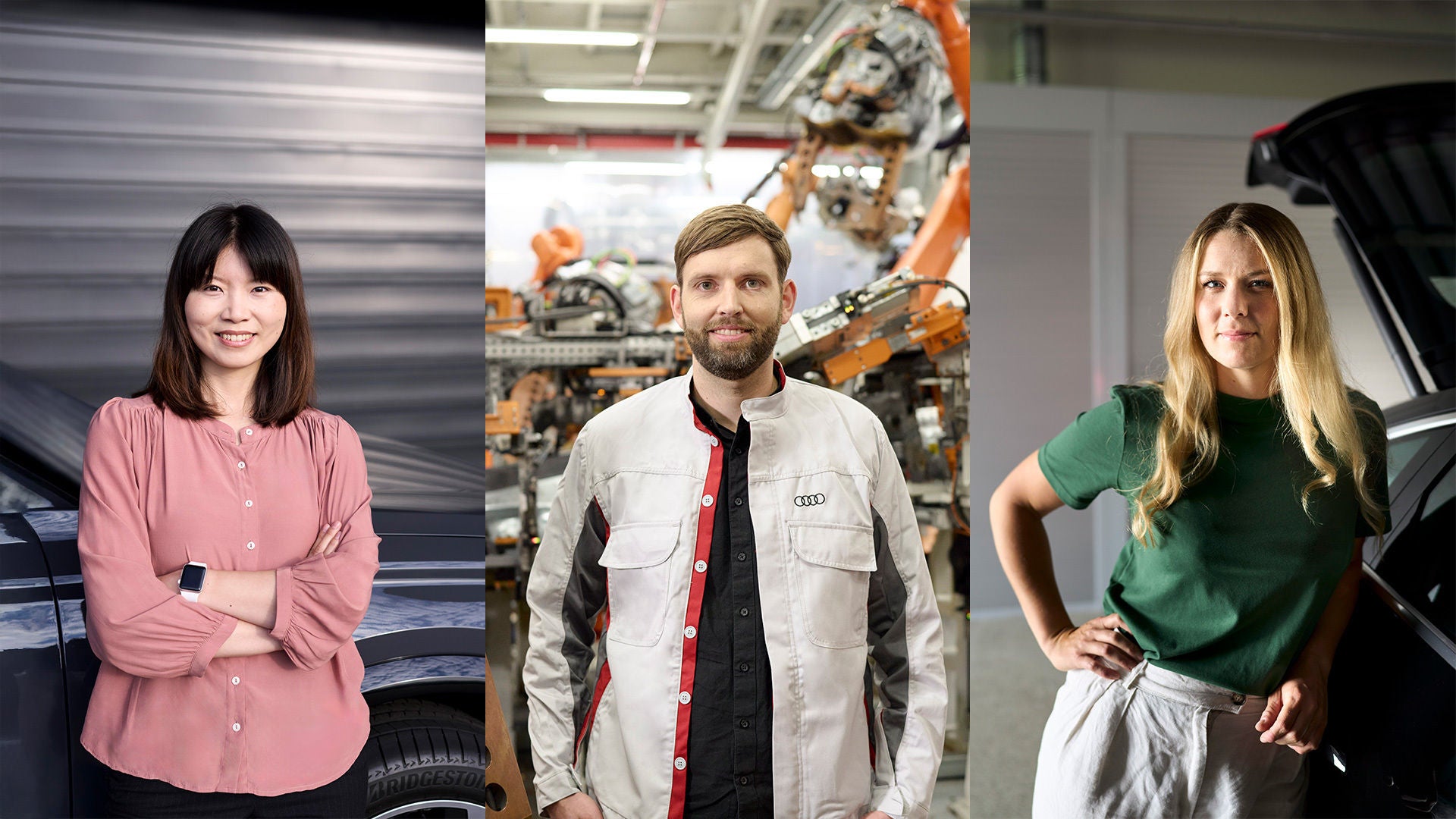
The four rings and motorsport: a strong combination. Audi has over a century’s worth of motorsport history and this lays the foundation for the brand’s success in the premium segment with sportiness, advanced technology and emotive design. From the early beginnings to the legendary silver arrows, the success with the quattro drivetrain in rallying, touring car racing, Le Mans, DTM, Formula E and the Dakar Rally, the four rings have triumphed with race victories and important championship titles with its motorsport projects. In 2025, the future Audi factory team continues its preparations to enter Formula 1 in 2026. The models from Audi Sport customer racing compete worldwide in the hands of customer teams.
World Rally Championship
4
world titles
DTM
12
drivers’ titles
Le Mans 24 Hours
13
overall victories
Dakar Rally
1
overall victory
Audi in motorsport
Audi Tradition
The history of Audi continues to live on thanks to Audi Tradition. Find out more about the history of the brand and current events.
Motorsport highlights
Gallery
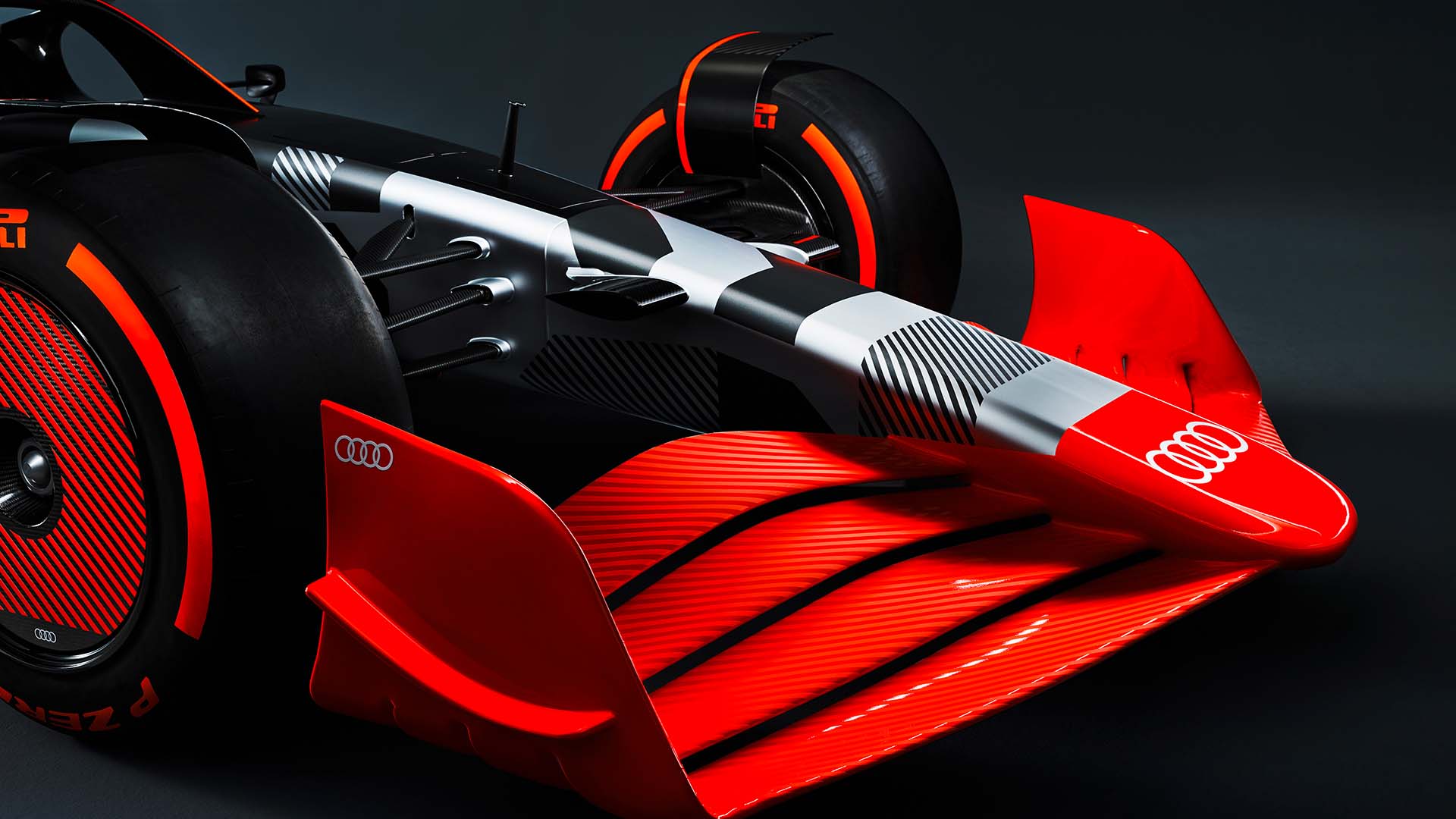


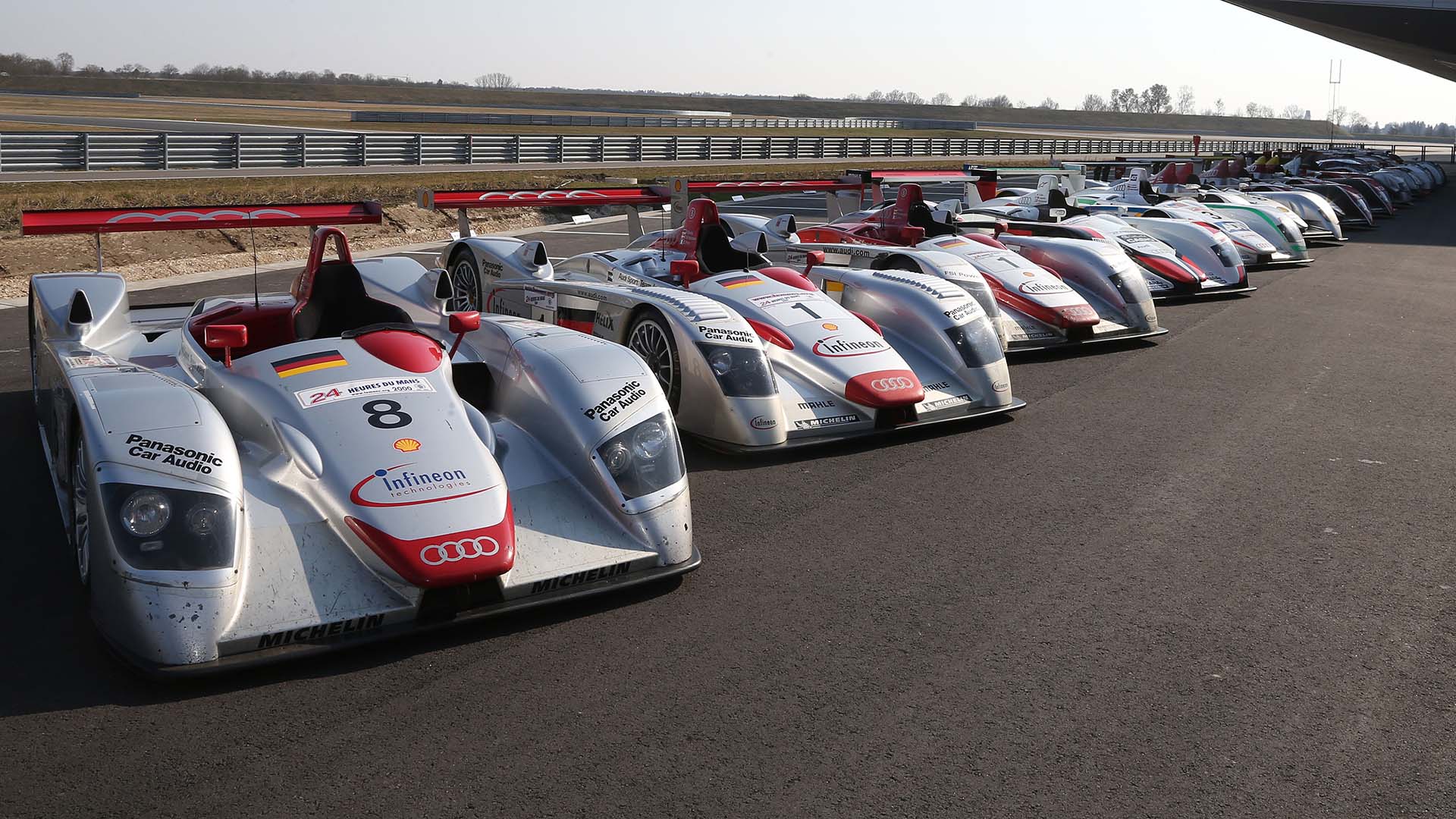
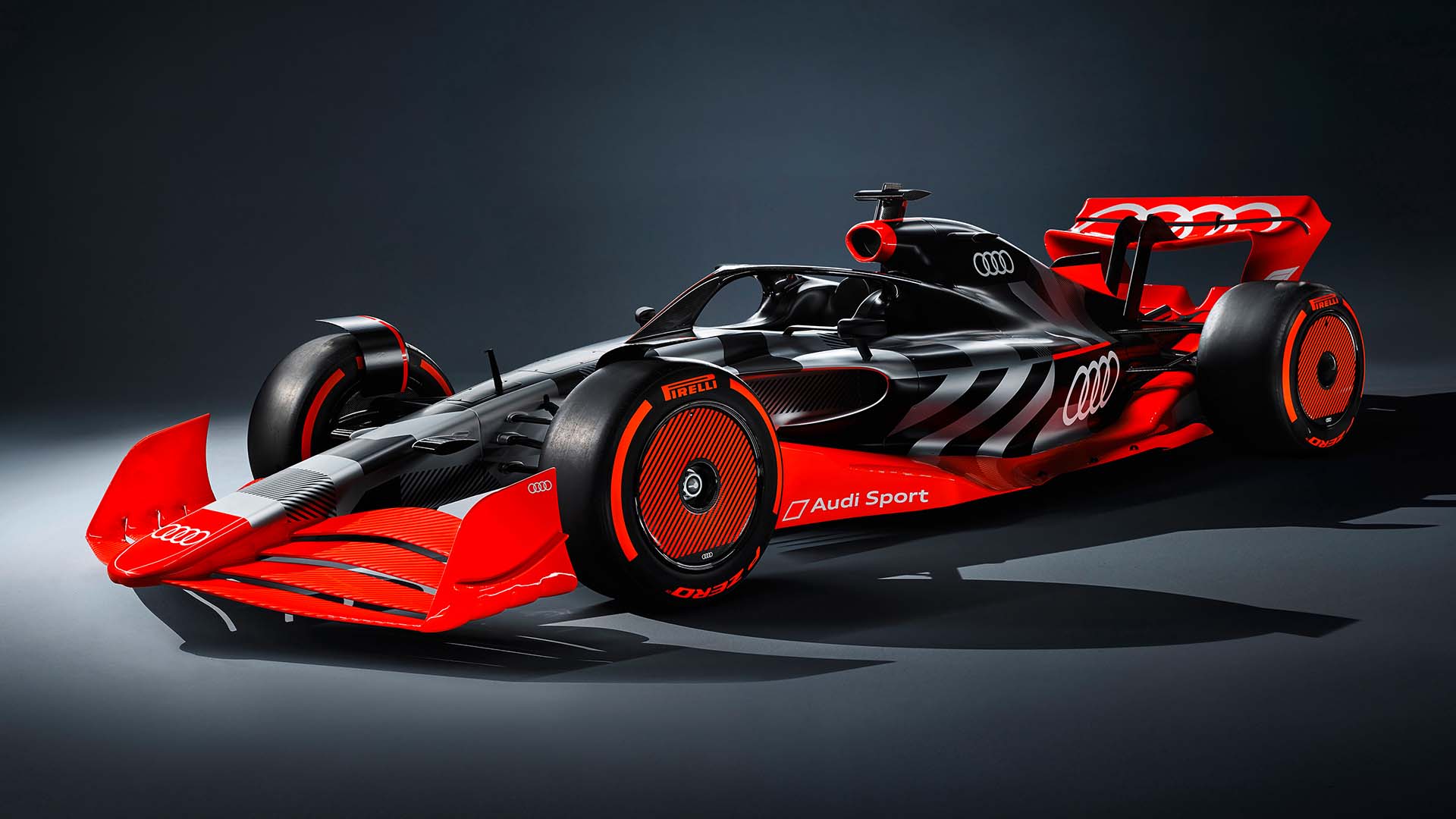

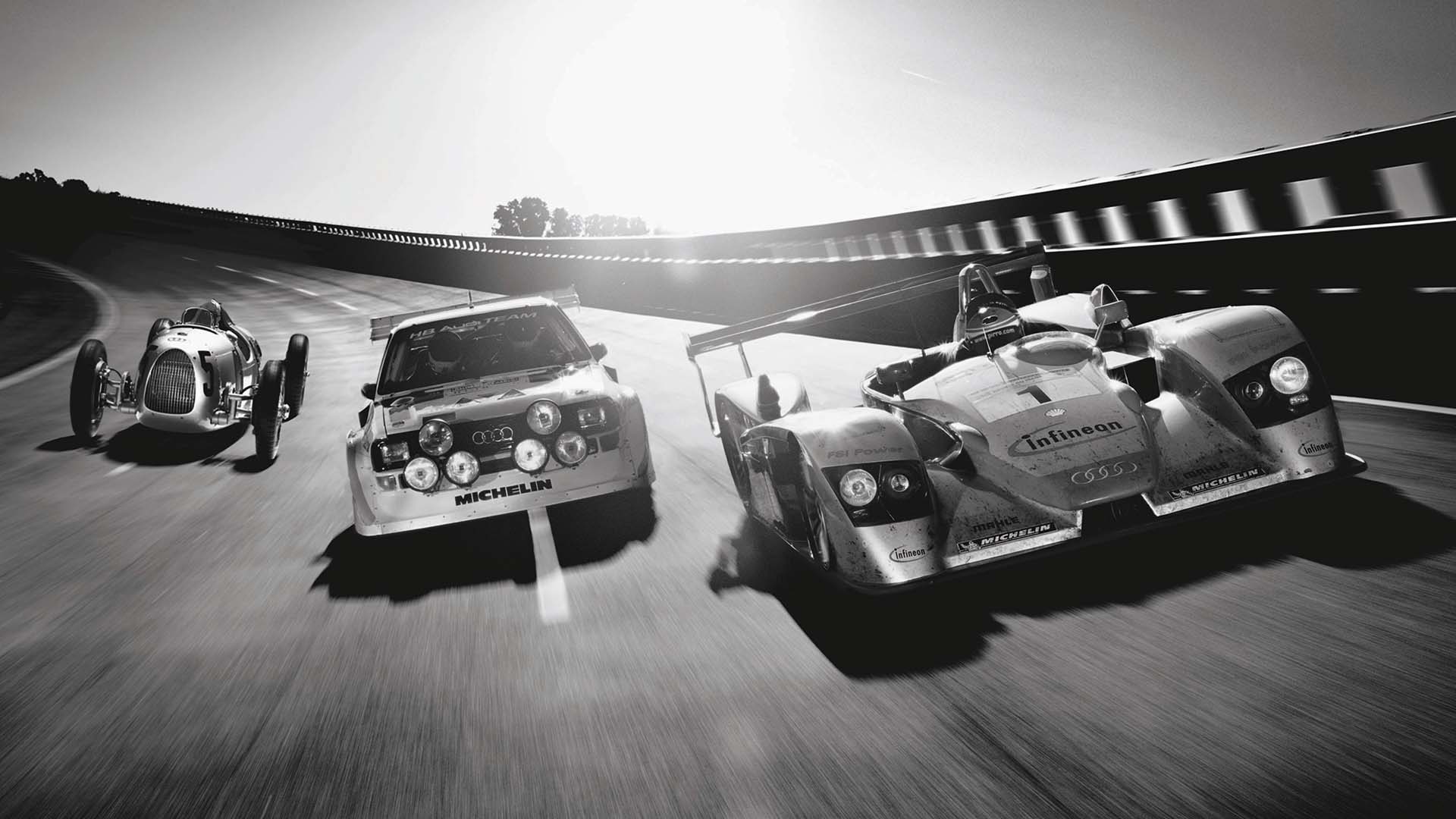
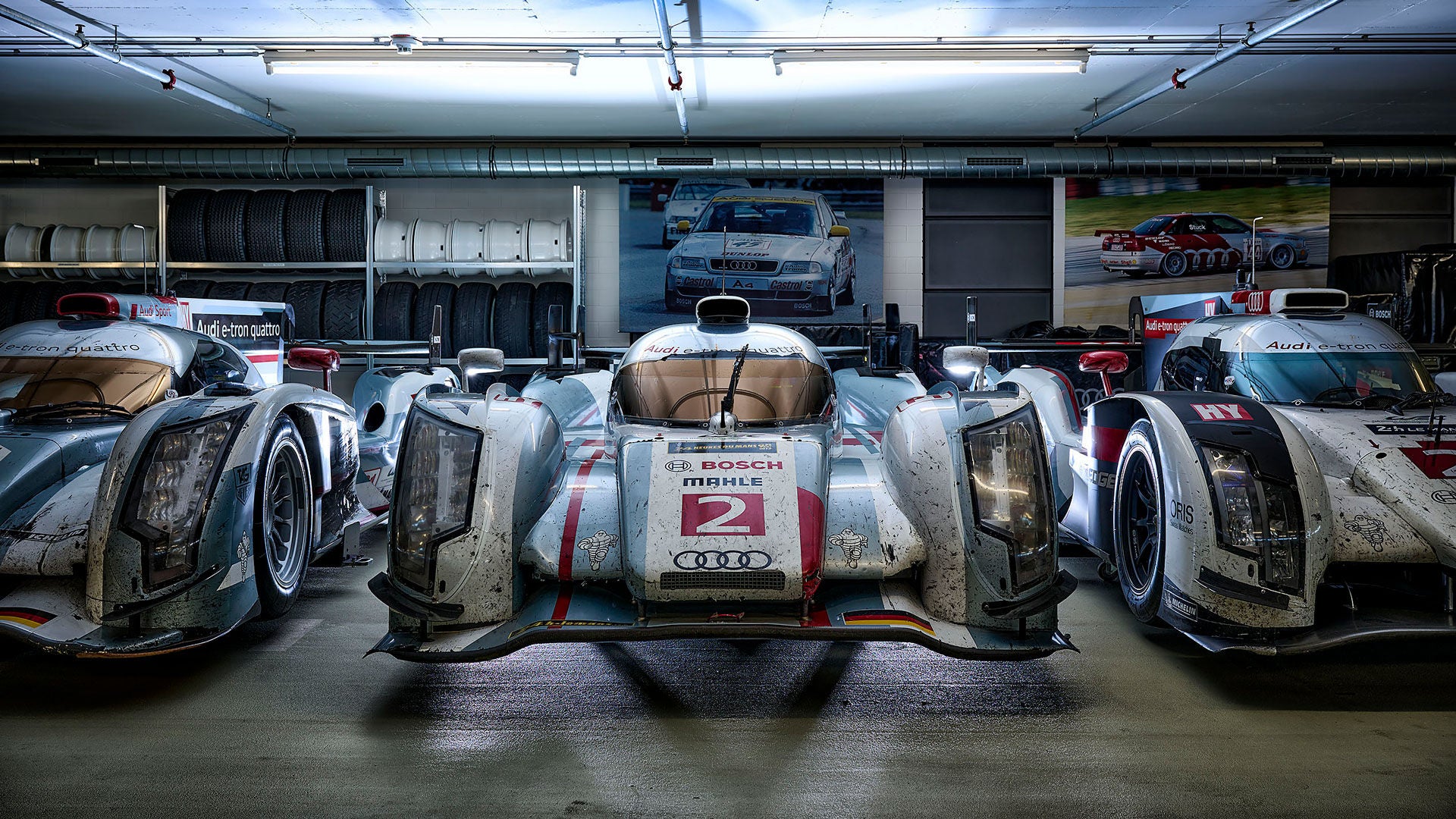
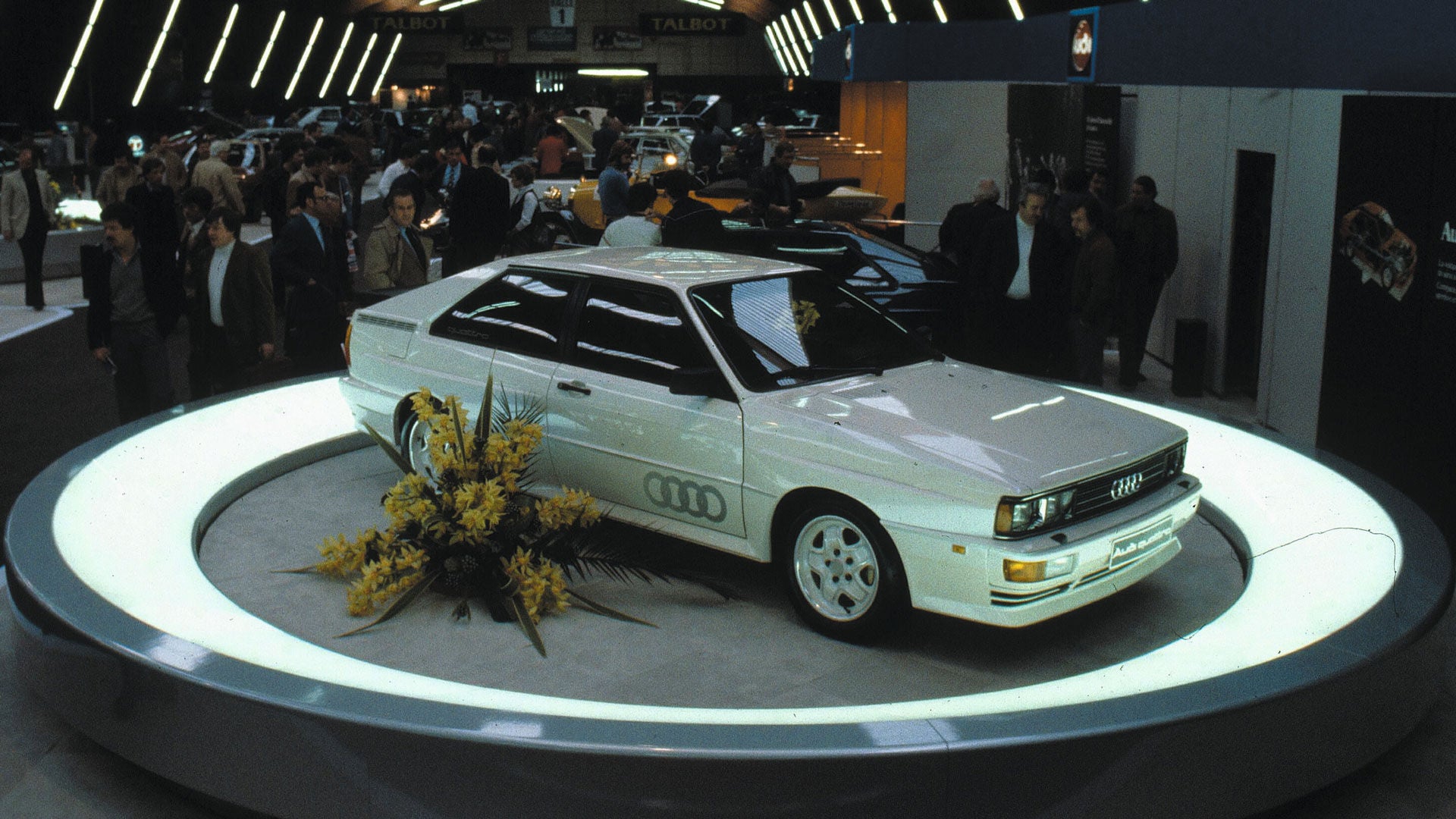




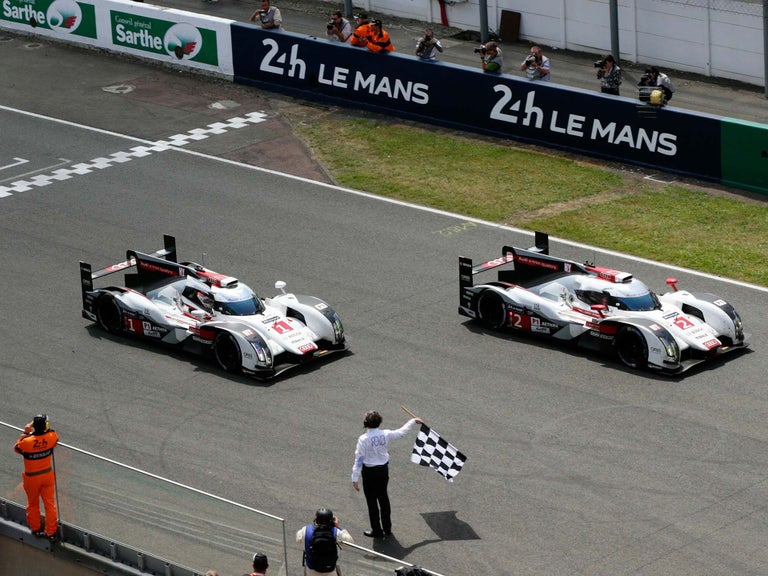
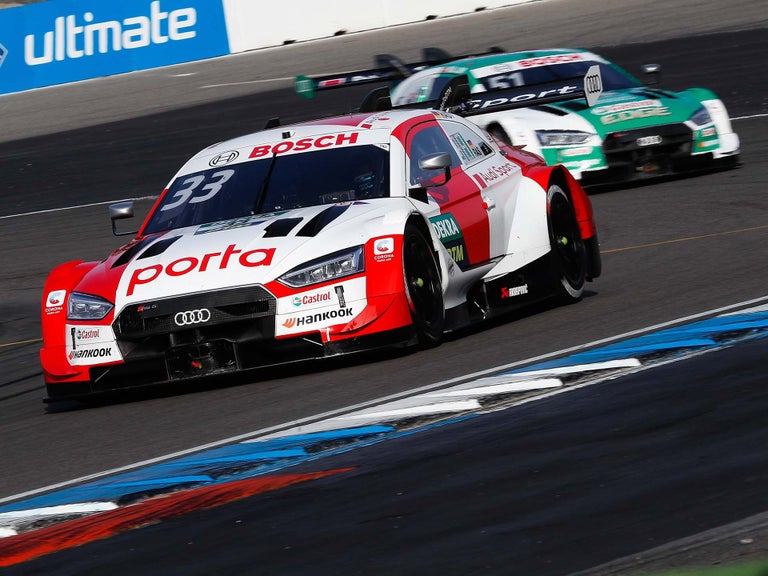
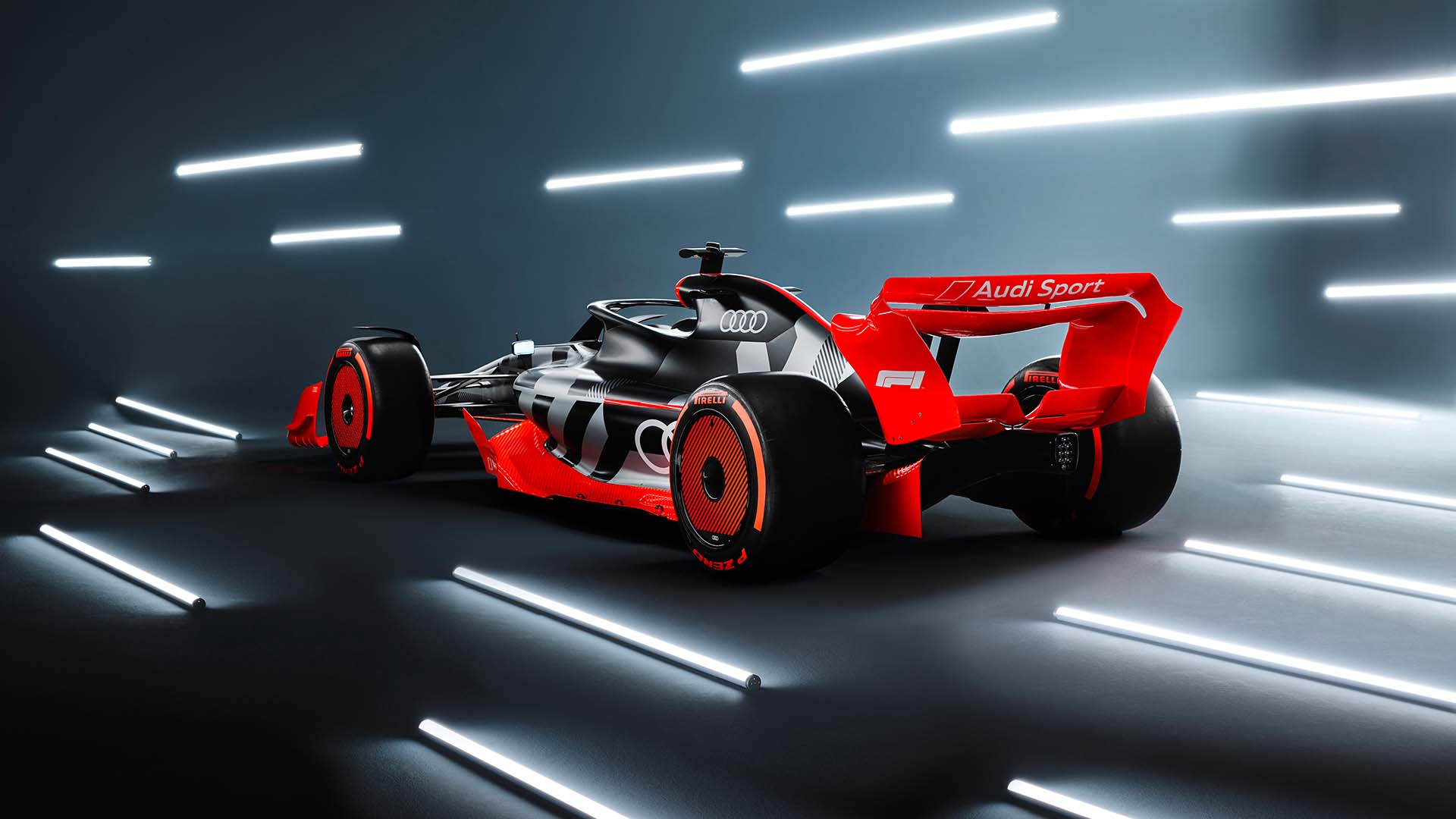
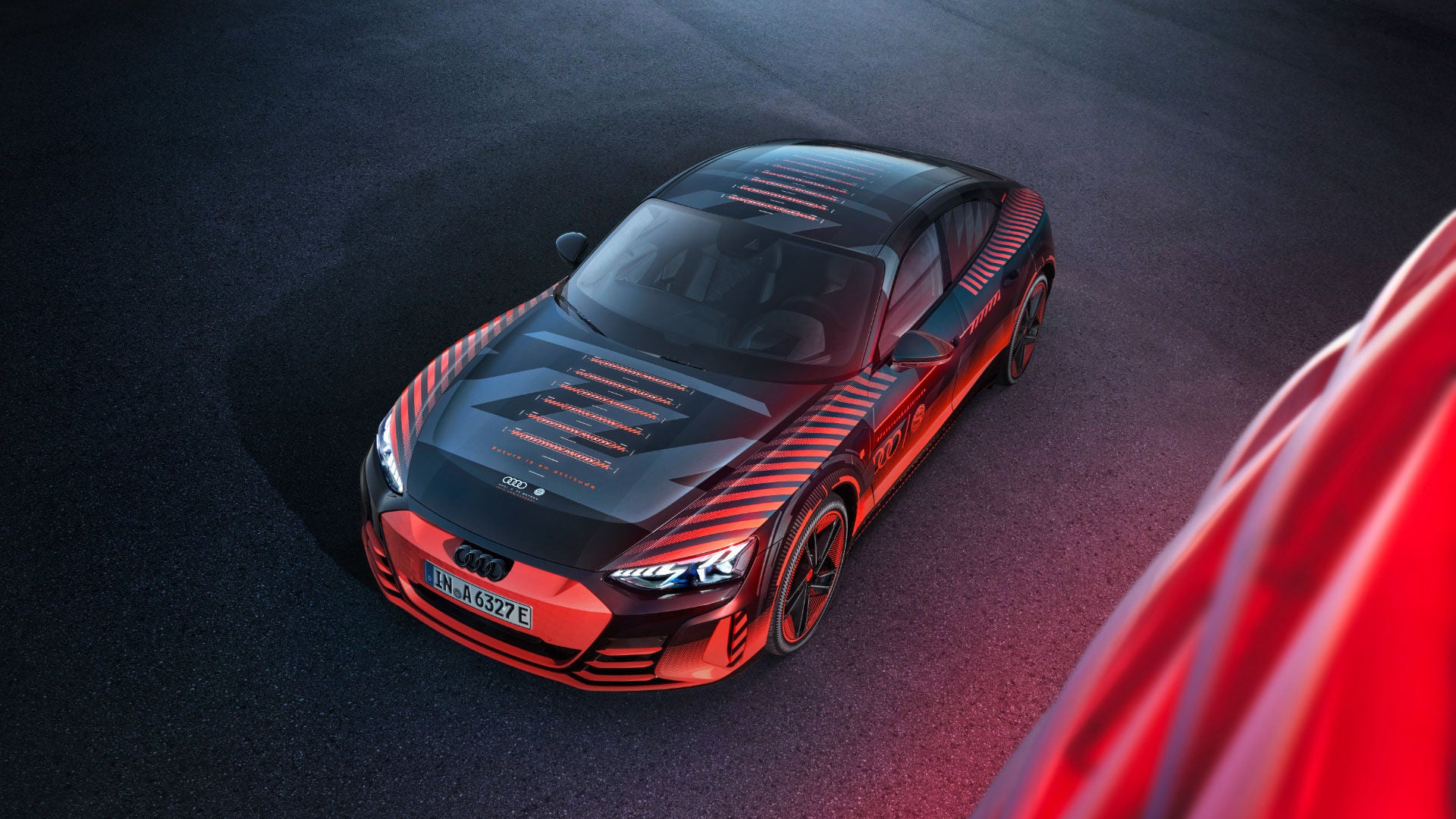
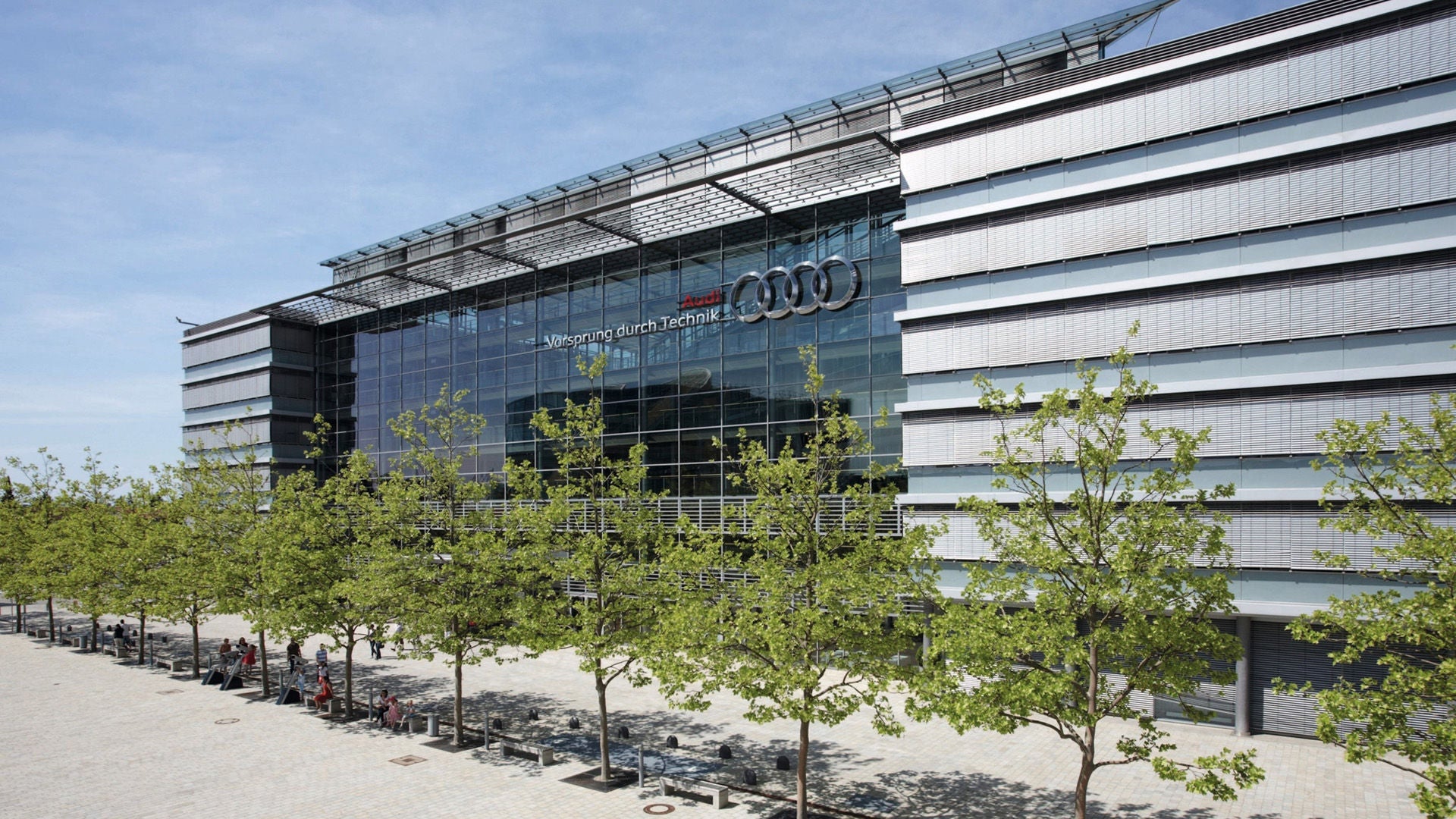
.jpg)
